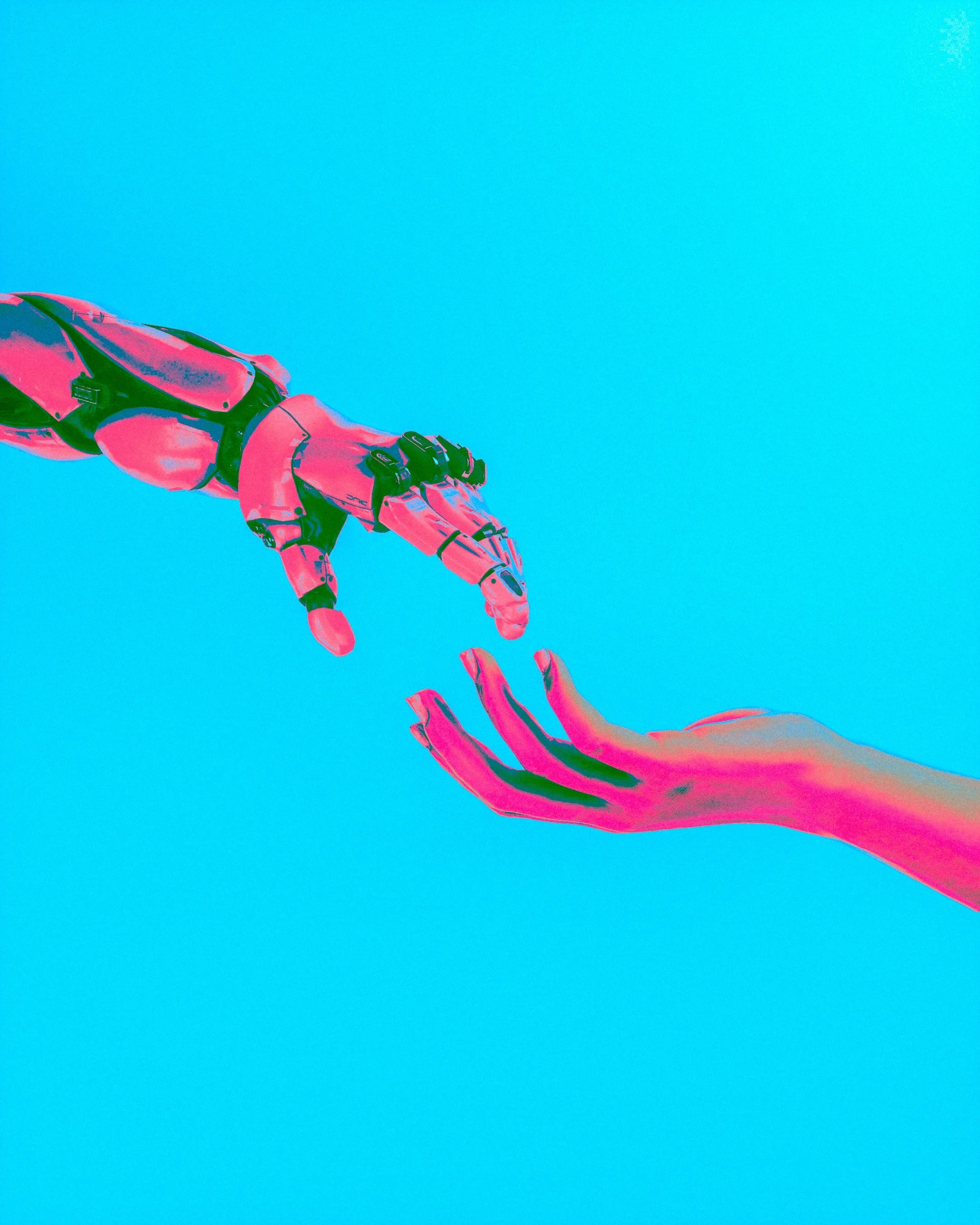Mid Journey AI Stealing From Artists
In the realm of digital art, the rise of digital platforms has allowed artists to showcase their work globally, allowing for a diverse array of artists and access. However, a new issue has emerged and has made an impact on the digital art landscape – artificial intelligence (AI).
Digital art was once confined to niche communities but social media platforms have become virtual galleries, allowing artists to share their creations and connect with a global audience freely. There is success that has shown the potential for digital art to break into mainstream markets, challenging traditional notions of artistic value.
The landscape shifted with the broadcasting of AI image generators from companies like Midjourney and Stability AI. With over 10 million users, these generators have raised concerns about lost jobs and stolen labor. The controversy stems from the widespread practice of AI scraping billions of images from the internet, including works by digital artists who never gave their consent. This practice has started debates around ethics and the blurred lines between creative expression and technological advancement.
Digital artists, such as Sam Yang and Deb JJ Lee, now face a dilemma on the ethical implications of AI using artists' creations. Questions of consent and the intersection of creativity and technology as the digital art community continues to grapple with how to deal with this modern-day issue.
In response to these concerns, several digital artists initiated a class action lawsuit against AI companies, including Stability AI, Midjourney, and the image-sharing platform DeviantArt. The artists allege a violation of intellectual property rights, challenging the conventional understanding of fair use. This legal battle aims to redefine copyright protection, particularly over an artist's unique style – a concept not traditionally covered by copyright law.
While AI is viewed as a challenge, it is also seen as a tool that can ease the creative burden. Beeple's advice to aspiring digital artists is to leverage the system to their advantage and embrace the changing dynamics.
As more and more aspire to become digital creators, understanding the impact of AI on the digital art landscape becomes crucial. Navigating the ethical and legal considerations surrounding AI's role in digital creation will be key to ensuring a fair and sustainable future for the next generation of digital artists. AI presents challenges but also offers opportunities for creative expression in this digital era. The digital canvas once considered boundless, now requires artists to navigate uncharted territory.

